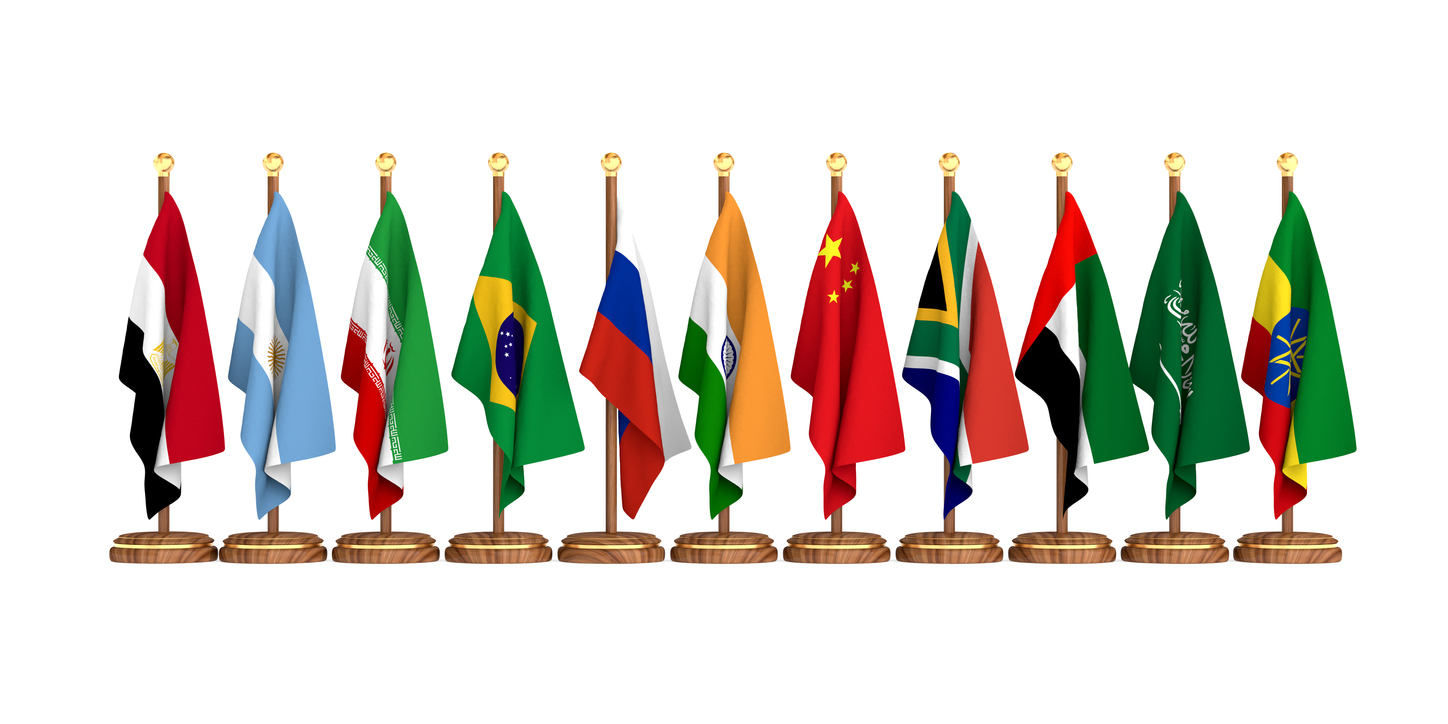2023/09/25
BRICS Expansion and the China Risk Lying Behind the Tough Measures Against Japan: Structural Reforms Toward Social Stability are Necessary.

The BRICS (a grouping of five emerging countries) summit held in South Africa from August 22 to 24 ended with an announcement that they approved the membership bids submitted by Argentina, Egypt, Ethiopia, Iran, Saudi Arabia, and the United Arab Emirates. The acronym BRICS was initially coined in the Goldman Sachs’ 2001 investment research report, in which the four high economic growth potential countries; Brazil, Russia, India, and China were called “BRICs” collectively. In 2011, South Africa joined the group to comprise “S” of the current “BRICS.” With the entry of the above six countries, the BRICS members will expand to 11 countries in January 2024.
In fact, the BRICS is a very heterogeneous group of nations in terms of political systems, finance, industries, and current stages of national development. Besides, their relations with Western countries are varied and incoherent according to their geopolitical standpoints. Therefore, consensus building in the process of formulating multilateral policies and rules seems basically unreal. Furthermore, considering the fact that the recent global political atmosphere surrounding Russia has changed and that China’s growth potential is declining though China asserts itself as the BRICS leader, it is hardly expected to achieve fruitful results in promoting economic cooperation and development assistance reciprocally among emerging countries. In short, it is unlikely that the BRICS countries will yield any substantial "fruits" in the context of gaining economic benefits and influential power on the global economy.
The environment surrounding the BRICS has changed. China, which had once, as a “country becoming open to the world,” saved the world struggling with the collapse of Lehman Brothers, has also altered its grand scheme. Nevertheless, or otherwise, that is why China has promoted the expansion of the BRICS. China’s aim is to exploit the BRICS for political purposes as a counterbalance to challenge the Western-led international order. As we see increasingly uncertain aspects of the current economic environment such as the real estate recession, ballooning public debt, unemployment among the youth, rapidly aging population, and financial system risks, we can say China's real intention is focused on re-establishing its relationships with the G7 by taking advantage of the expanded power of the BRICS. However, no easy compromise deals will be expected. If things go that way, it is feared that such China’s intention will trigger further coercive external policies.
The import ban on all Japanese fisheries products means nothing more than political retaliation. The point is how seriously the retaliatory action will extend. The action of "harassing phone calls" to Japan, which is not condemned as a crime but overlooked as a partonic behavior, might be a political performance following complete control of public criticism against the government. And yet at the same time, is it really possible that the government itself can control the people’s blind conformity and excessive sensitivity to the authority? What should be avoided by any means is to invite a situation where runaway public opinion will drive the government to impose further stern foreign policies. Japan is not the only targeted country. Prolonged economic recession and accumulated feeling of stagnation are likely to facilitate a risky situation described above. Real solutions to underlying problems cannot be achieved by just coping with occurred events. Indeed, overall structural reforms taken from a medium- to long-term perspective are wanted, and by the same token, we need to make efforts with full use of our wisdom for the mitigation of those anticipated risks.
This Week’s Focus, September 1
Takashi Mizukoshi, the President